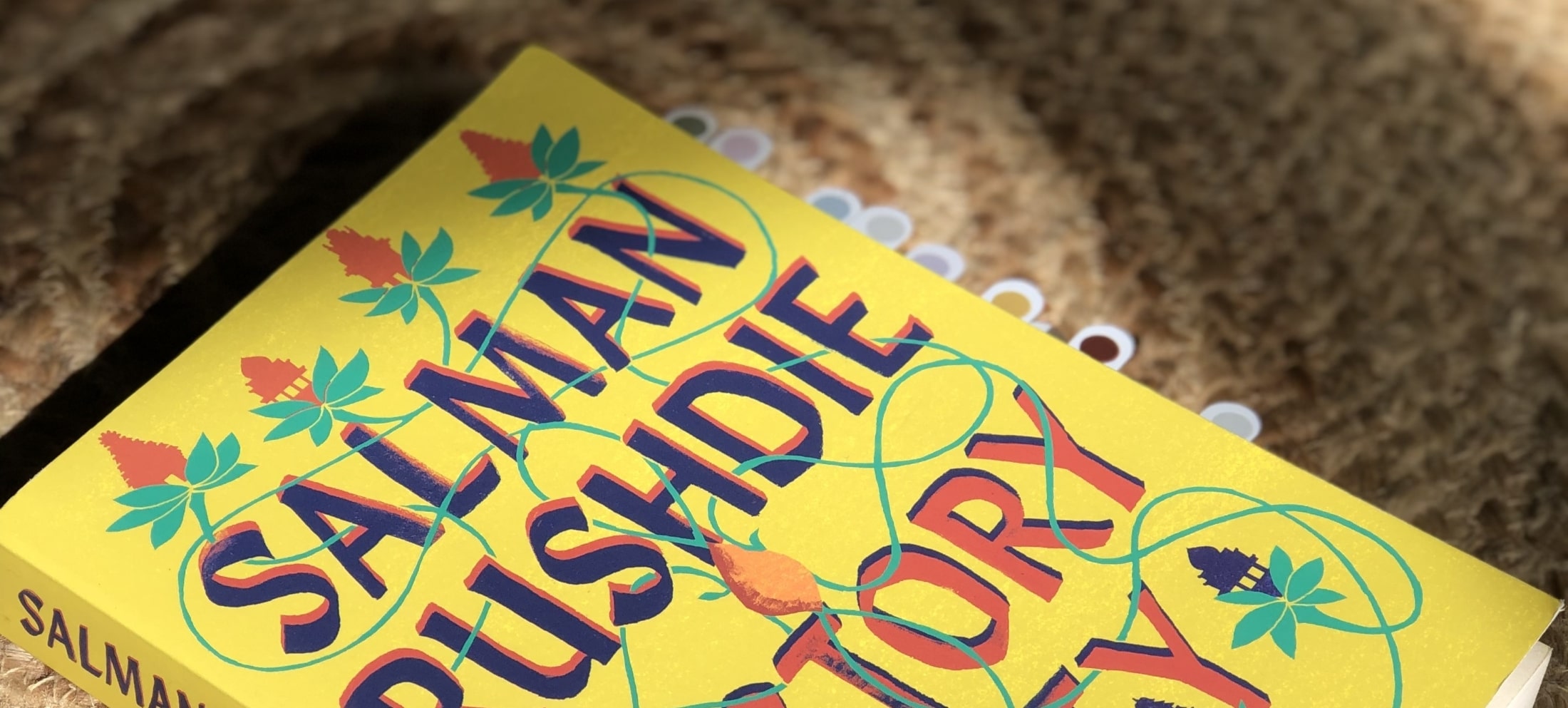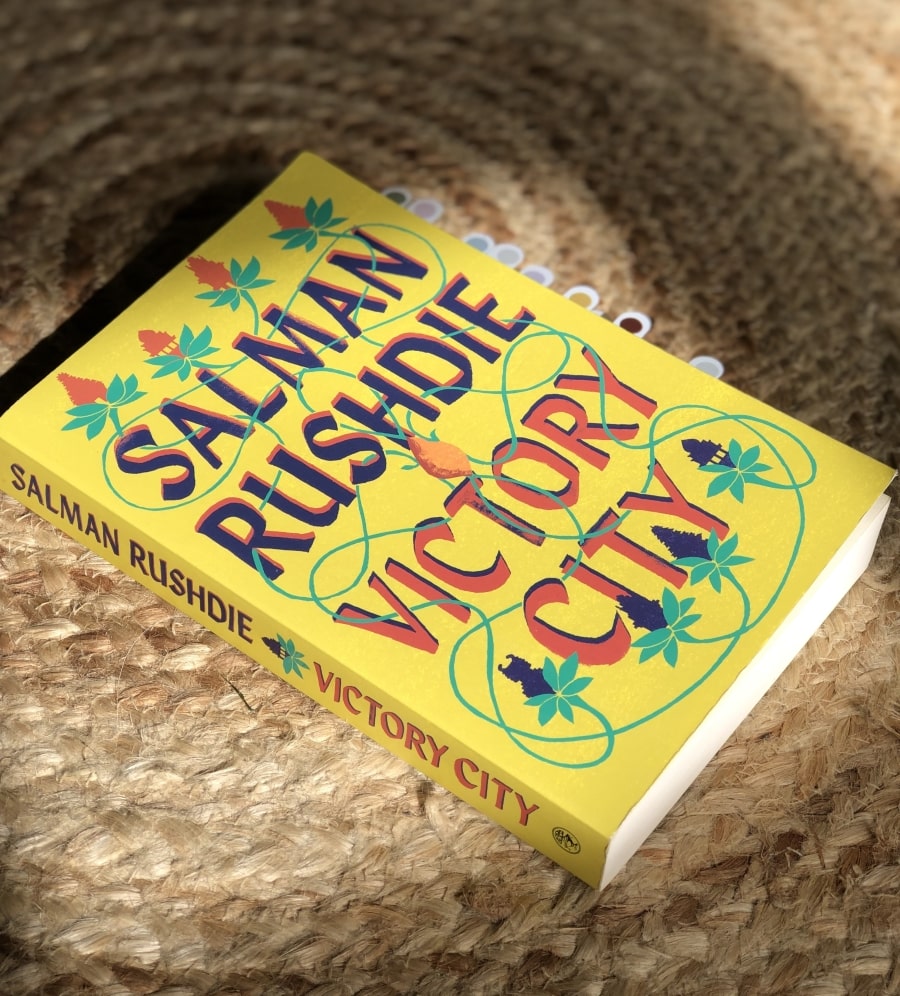
Salman Rushdie's Victory City review — A magical tale of feminist resistance
Salman Rushdie’s fifteenth and most recent publication, ‘Victory City’ follows the life of Pampa Kampana, a 9-year-old girl turned demi-goddess during the 15th and 16th centuries of South India’s Vijayanagara empire.
Rushdie’s captivating imagination sees Pampa Kampana use okra seeds and beans to form and breathe life into Bisnaga, a new city. She whispers into individual ears to determine their personality and traits but as time goes on, her control over the city loosens due to its growth and the different influences living in the same space. She soon discovers difficult bumps in the road.
 © Adobe Stock
© Adobe StockPampa's struggle against patriarchy
For every step that the demi-goddess takes to defy the patriarchal ruling around her and to maim religious intolerance, she is pushed back a step or two.
Rushdie’s tale captures every essence of the empire: its modernity, its way of embracing war and its royal troubles. It is easy to ride the waves of both joy and frustration with Pampa Kampana, which corresponds astutely with her fictitious epic poem ‘Jayaparajaya’ — a compound word meaning victory and defeat.
Pampa Kampana is blessed with an incredibly slow rate of ageing, which resulted in her daughters looking much older than her whilst she still looked like a teenager. Victory City plays with many other patriarchal and feminine narratives. One passage in the book reads:
When the goddess had spoken through her mouth, she had urged Pampa to fight for a world in which men would start considering women in new ways, and this would be the most powerful novelty of all.
After witnessing her mother being burnt alive, the reader feels a sense of intensity, waiting for Pampa to burst forth and right all the wrongs done against herself and other women.
There are many feel good moments in Pampa’s narrative when she defies the sexist, unspoken rules surrounding her.
There was one thing she did understand: that the force of her sexual desires grew stronger with every passing year […] She was more like a man than a gentlewoman in the matter of desire.
 © Elle Wakefield for Art de Vivre
© Elle Wakefield for Art de VivreMagical and captivating storytelling: Pampa Kampana's journey
The character of Pampa and her journey are packed with magic. She is wise, sly, fascinating and ahead of her time. Her story is said to have been documented through Pampa Kampana’s poem and then captured in a pot which was buried in the ground. The whole tale is told through an unnamed narrator who you may assume to be Rushdie himself. At times the narrator feels like an old friend, providing informal hints to the reader about what comes next.
Rushdie told the New Yorker that Pampa Kampana “just showed up” in his mind and offered him a sense of direction. There are also many possible parallels between Pampa Kampana’s journey and that of Salman Rushdie’s. Pampa is forced to remove herself and her daughters into exile in the forest following trouble with Bisnaga’s ruler. One might wonder if Rushdie saw himself in these passages as he also had to make and comply with decisions to ensure his own safety, particularly in the years following the 1980s.
A stark contrast with Rushdie’s attack
Rushdie’s ‘The Satanic Verses’ which was published in 1988, sparked great controversy: The text alluded to the Satanic Verses of the Quran and as a result Iran’s late Supreme Leader Ayatollah Ruhollah Khomeini ordered Muslims to kill Rushdie through an edict identified as a fatwa. Under protection of London’s Metropolitan Police, Rushdie spent close to a decade underground.
Rushdie finished Victory City months before last August’s onstage attack at Chautauqua Institution in New York state when a man dressed in black jumped on stage armed with a knife and attacked him, leaving him blind in one eye. While Victory City transports us to a fantastical and magical world through the trials and attributions of Pampa Kampana, the stark contrast with Rushdie’s life story reminds us how complex our own lives can be.
For more literary inspiration, don’t miss our review of ‘The Seven Husbands of Evelyn Hugo’ by Taylor Jenkins Reid.
